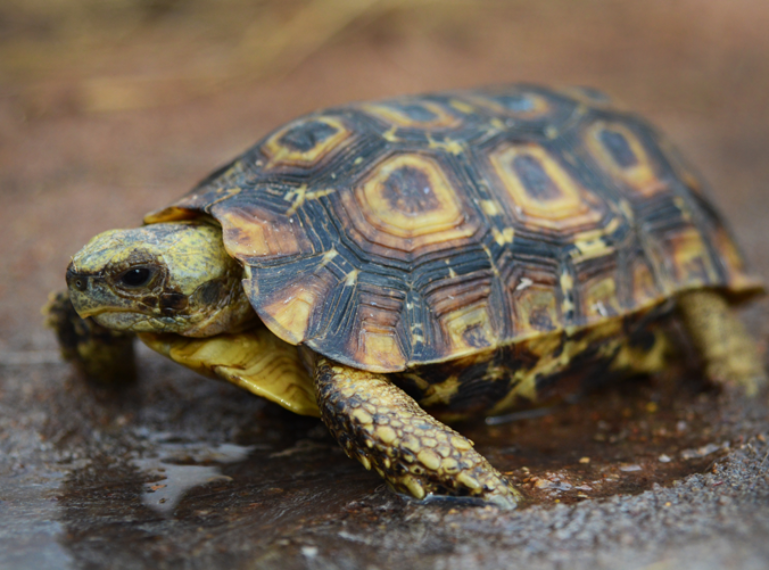
You know you’re winning when you’re on safari in a Big 5 private reserve of almost 20 000 hectares, but when you’ve got the option to expand your horizons and also visit one of the most prestigious game parks in Africa, you know you’ve hit the jackpot. Only a 20 minute drive from one wildlife haven to the next, and you can do it all without checking out of your elaborately comfortable game lodge.
Marakapula Reserve is located in the gorgeous Limpopo Province, just 25km from the Phalaborwa gate of the Kruger National Park. It is luscious and green with huge wild fig trees and an abundance of water, which feeds the riverside vegetation and attracts a wide variety of species. Lots of bushbuck, waterbuck, kudu, impala, hippo, crocodile, leopard, elephant, lion. And that’s only ticking off a fraction of the species list! Game drives in the reserve are scenically beautiful with some striking lookout points, ancient baobab trees, hundreds of mopanes, running rivers, and a skyful of birds.
The beauty of Marakapula is its location in South Africa. It is positioned within a short distance to some of the most spectacular natural sites of the country. One of those sites is the Kruger National Park, which contains within its vast boundaries an exravagant species diversity and an intermingling pattern of roads that direct self-driving and guided guests via innumerable waterholes, viewing points, and bird-hides throughout its almost 20 000 square kilometre area. This is one of the best spots for birding in South Africa, while there are over 150 mammal species in the park.
After a short drive from Marakapula to the Kruger’s Phalaborwa gate, we entered the park and laid our eyes upon a ‘dagha-boy’ – a huge, lone, male buffalo, and our first of the Big 5. There wasn’t a car in sight, and the slightly overcast day meant some respite from the heat, and it was evident that the game was feeling more energetic. This buffalo bull trudged past us and we left him in peace. Only a few more minutes on the road and us ‘bird-nerds’ had to stop again because a beautiful bateleur eagle was perched on a bare branch close by. Busily preening its jet black feathers with its bright orange and red beak, we enjoyed a long time with this bird of prey.
While we were enjoying the bateleur (after having just left the buffalo), our focus was interrupted by the presence of an elephant crossing the tar road in front of us. Its almighty size is always staggering and we hung around taking pictures of this beauty…not knowing just how many elephant photo opportunities we would have!
As we carried on towards the Letaba River we stopped far too many times for birds, and we were spoilt enough to catch some of Africa’s endangered species in their natural, wild Kruger home. A young cheetah – Africa’s most endangered big cat – glanced back at us from its position in the grass before slinking away into the wilderness; and a white rhino and her calf surprised us around one corner, and we managed to sit and enjoy watching them graze in the presence of oxpeckers.
Some blue wildebeest stampeded in the dusty grass, and a klipspringer stood tall on its rocky lookout, offering photographer, Kevin MacLaughlin, some beautiful photo opportunities. At one of the numerous water sites in this region of Kruger, we stopped to admire some (more) birdlife. A white-faced whistling duck shook its feathers around in the water, bathing, while the emerald feathers of a comb duck shone in the sun while it bobbed around cleaning its feathers.
After a good few hours in the park – and a quick stop at the elephant museum at Letaba rest camp – we headed back towards the gate, passed the Masorini cultural site, where evidence of the lives of ancient people has been preserved, and exited at Phalaborwa gate. A short 20-minute drive later we were welcomed by the swimming pool and the shady deck at Makubu Lodge at Marakapula.
Other guests had been on a boat cruise on the Olifants River, while a few had been on a walking safari in the Marakapula Reserve itself. We all exhanged stories over a scrumptious dinner that night and set off for a supremely comfortable rest in our luxury river-facing rooms. All in a day’s holiday at Marakapula!
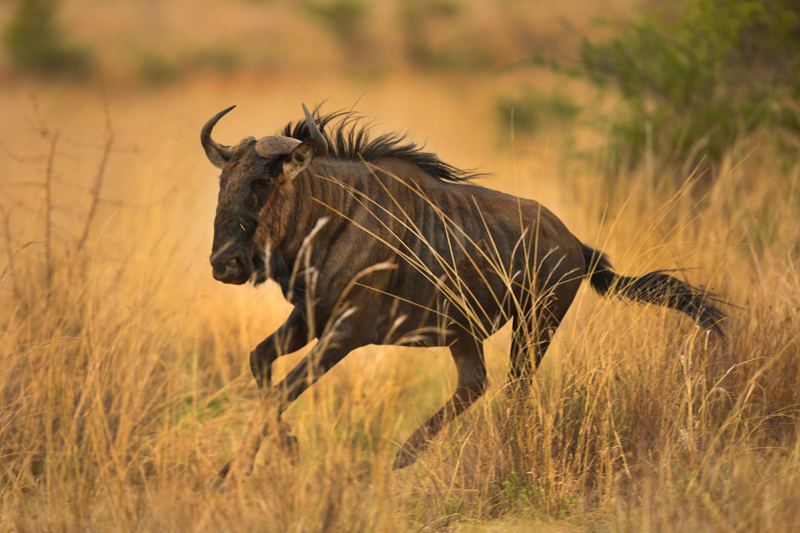
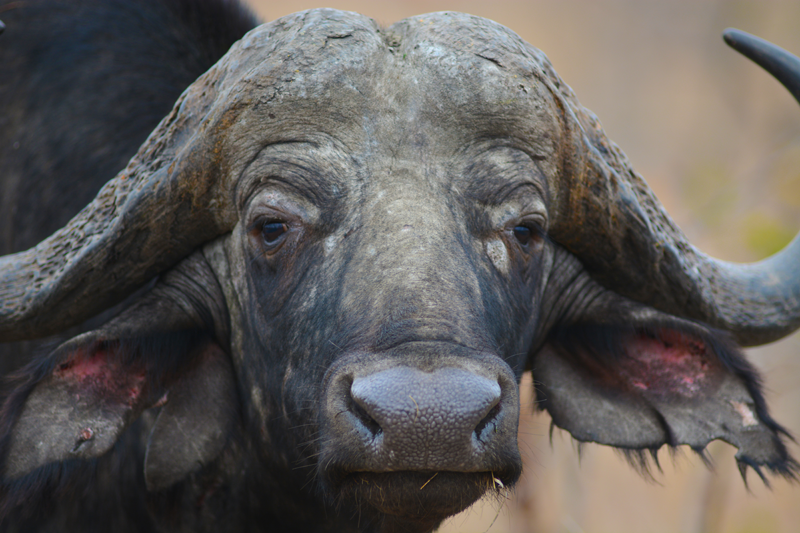
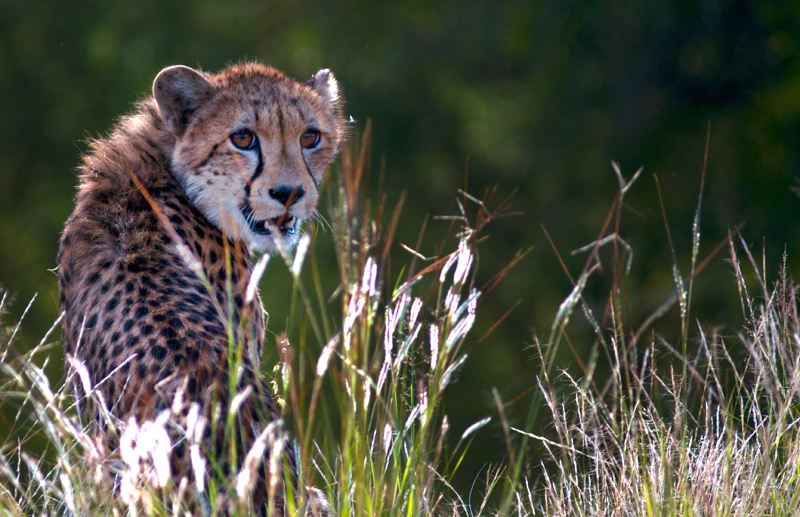
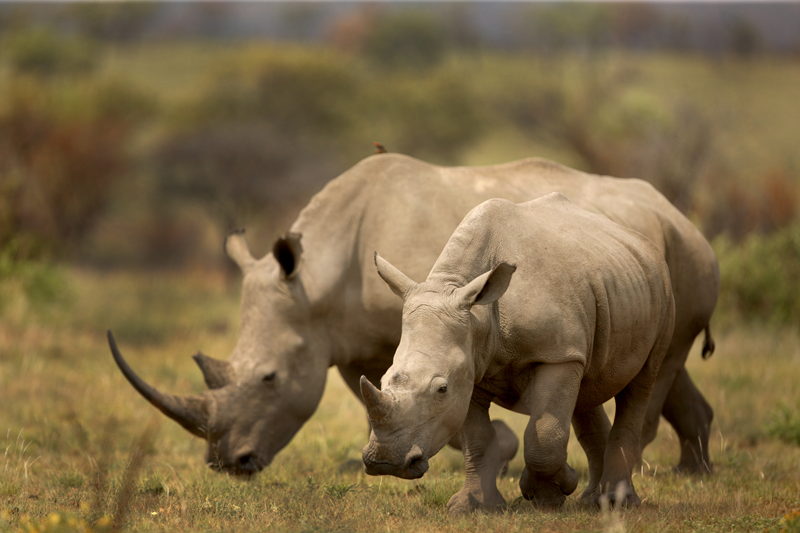
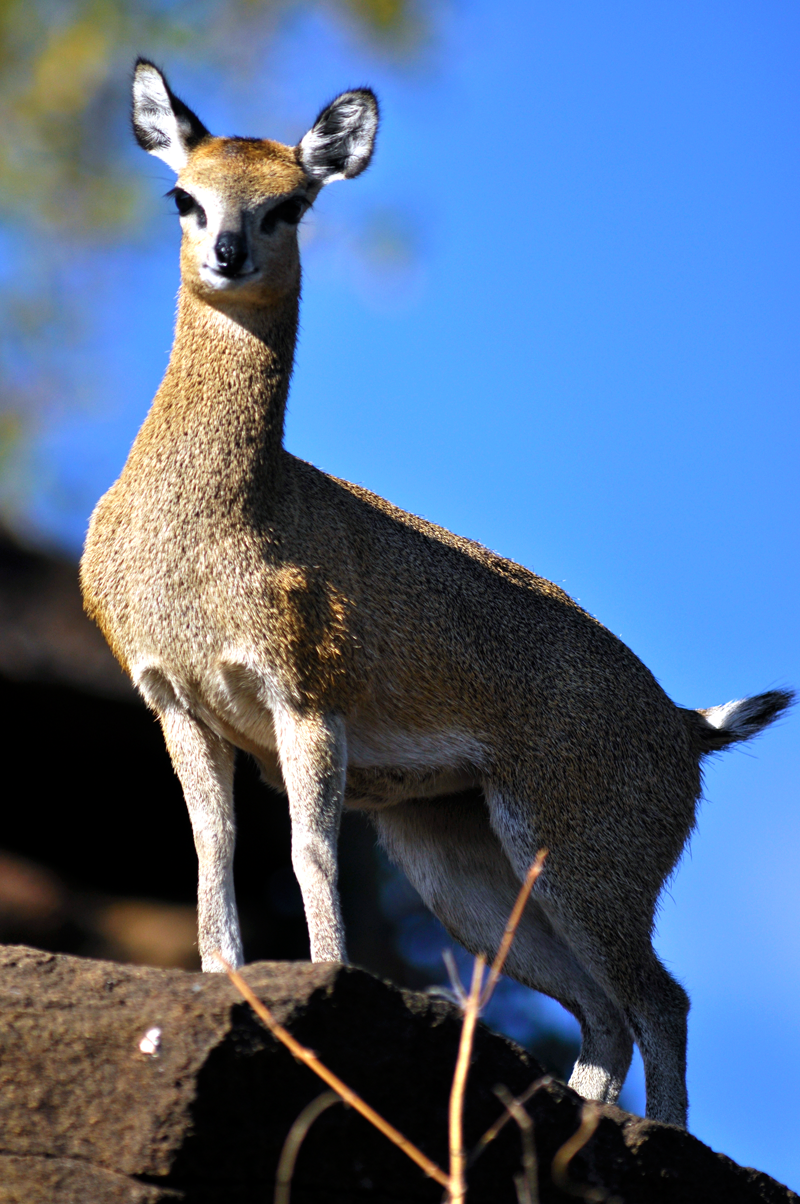
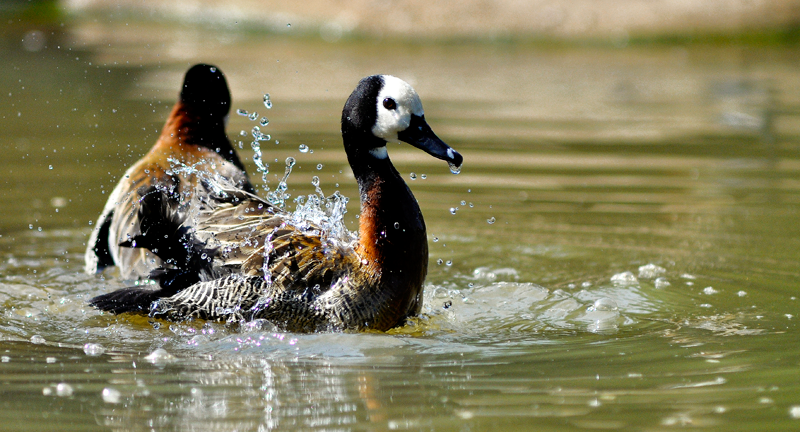
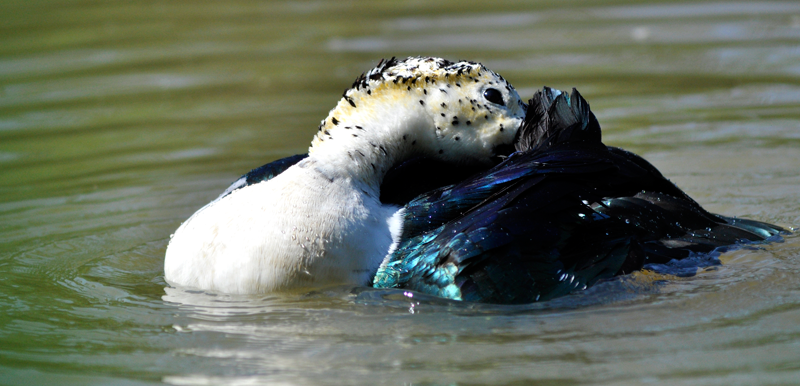
Leave a Comment